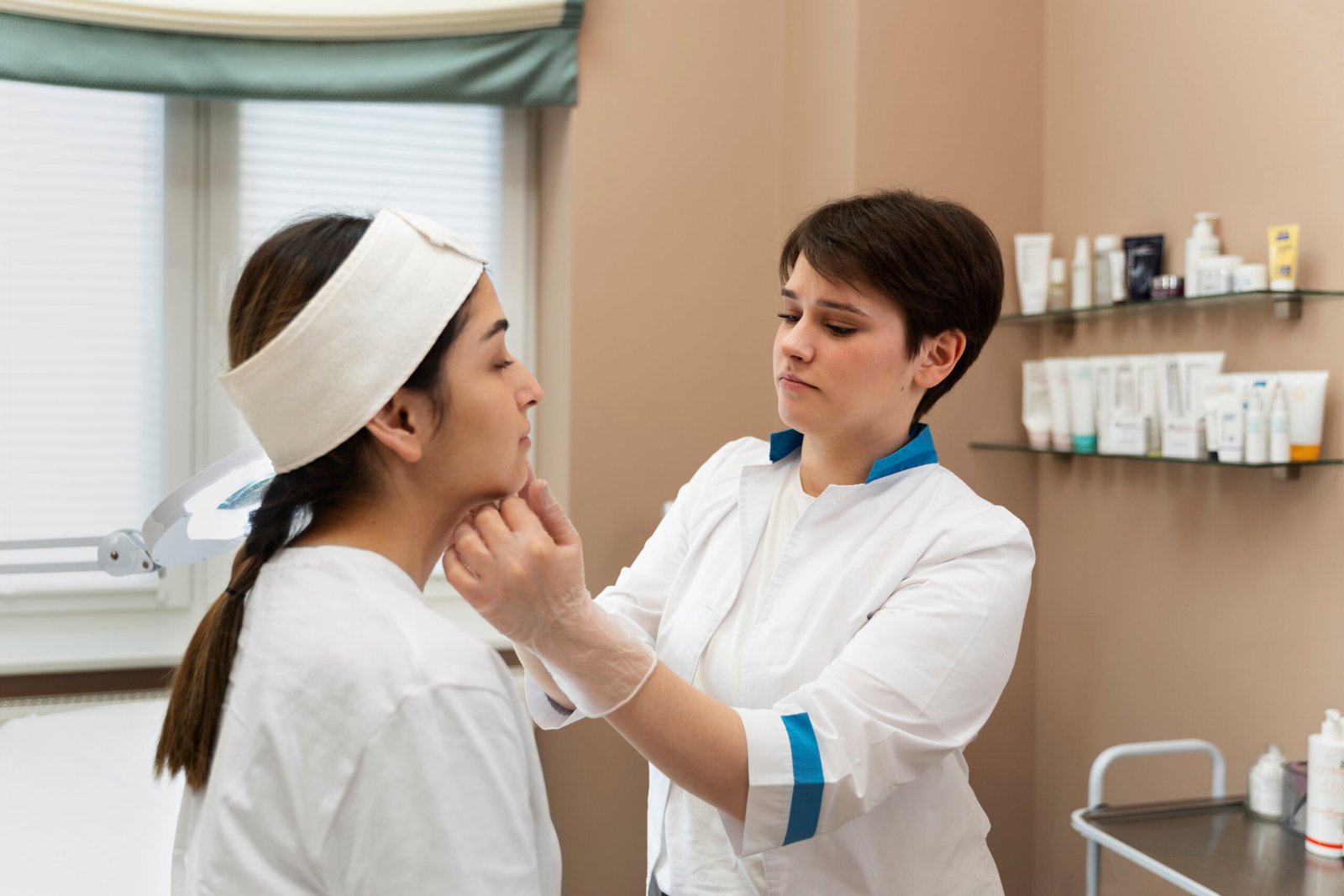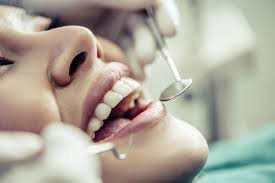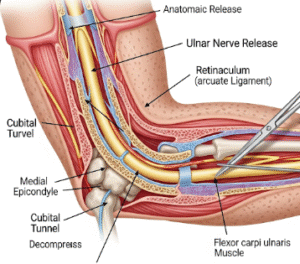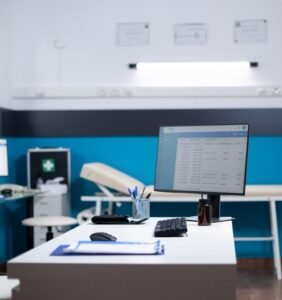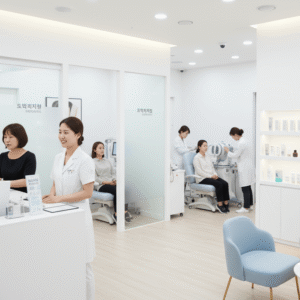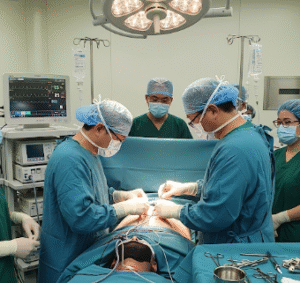Overview
Systemic mycoses are serious fungal infections that affect multiple organs or systems in the body. Unlike superficial fungal infections, systemic mycoses invade deeper tissues and can cause severe illness, especially in immunocompromised individuals. Early diagnosis and treatment are critical to prevent life-threatening complications.
What is Systemic Mycoses?
Systemic mycoses refer to fungal infections that spread beyond the skin or mucous membranes into the bloodstream, lungs, brain, or other internal organs. Common causative fungi include Histoplasma capsulatum, Blastomyces dermatitidis, Coccidioides immitis, Cryptococcus neoformans, and Candida species. These infections can be primary or opportunistic.
Symptoms
Symptoms vary depending on the affected organs but may include:
- Fever and chills
- Weight loss and fatigue
- Cough, chest pain, or difficulty breathing (lung involvement)
- Skin lesions or ulcers
- Headache, confusion, or neurological deficits (if brain involved)
- Abdominal pain or liver enlargement
Causes
Systemic mycoses are caused by inhalation or dissemination of fungal spores, especially in environments rich in bird or bat droppings, soil, or decaying organic matter. Key fungi include:
- Histoplasma capsulatum
- Blastomyces dermatitidis
- Coccidioides immitis
- Cryptococcus neoformans
- Candida species (especially in immunocompromised patients)
Risk Factors
- Immunosuppression (HIV/AIDS, chemotherapy, organ transplant)
- Chronic illnesses such as diabetes
- Prolonged corticosteroid use
- Occupational or environmental exposure to fungi
- Age extremes (very young or elderly)
Complications
- Respiratory failure due to lung infection
- Dissemination to the brain causing meningitis or encephalitis
- Chronic skin or bone infections
- Sepsis and multi-organ failure
- Death if untreated
Prevention
- Avoid exposure to environments with high fungal spore concentrations
- Use protective masks and clothing in at-risk occupations
- Maintain immune health and control chronic diseases
- Early medical consultation for suspicious symptoms in high-risk individuals
Treatment Options in Korea
South Korea provides advanced diagnostic and therapeutic services for systemic mycoses in tertiary care hospitals.
- Diagnosis
- Laboratory tests including fungal cultures and antigen detection
- Imaging such as chest X-rays and CT scans for lung involvement
- Biopsy and histopathology of affected tissues
- Serologic tests and molecular methods
- Medical Treatment
- Antifungal medications such as amphotericin B, itraconazole, fluconazole, and voriconazole
- Treatment duration varies based on infection type and severity
- Supportive care for organ dysfunction

